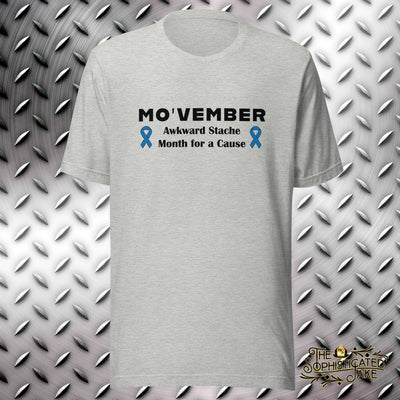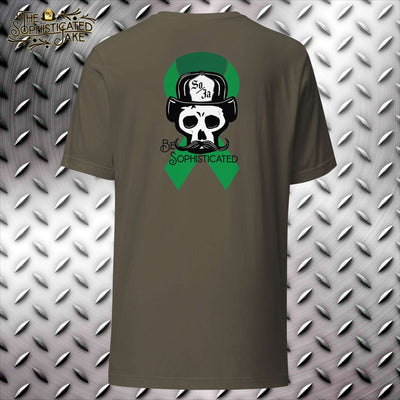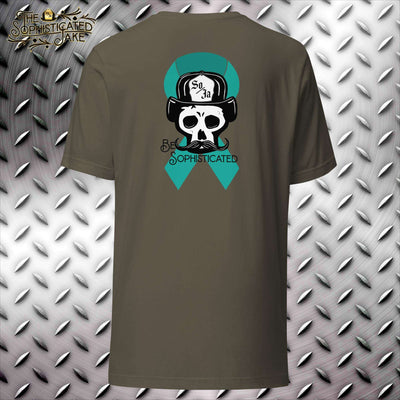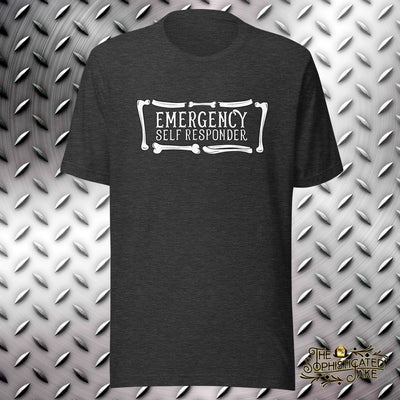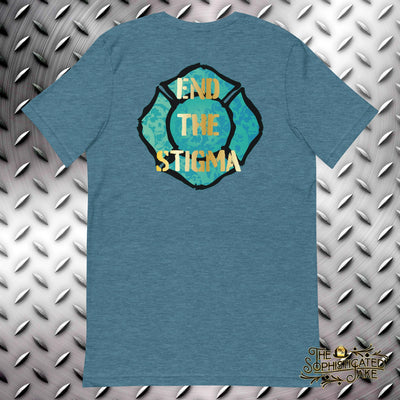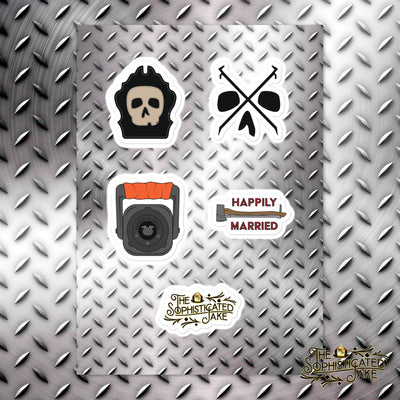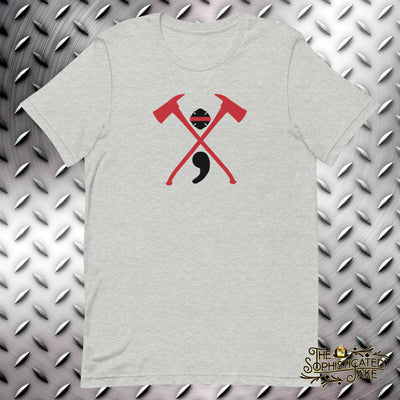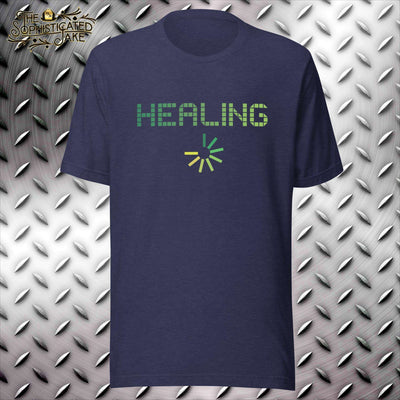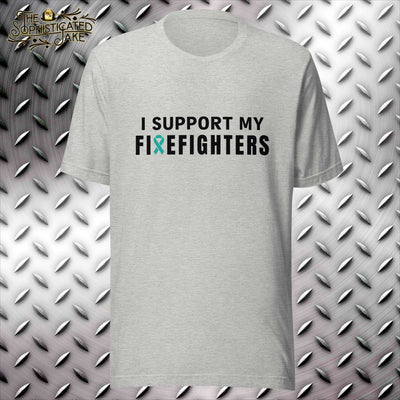So, you’ve taken the look in the mirror, and something isn’t quite right. Maybe you’ve noticed you have a short fuse, loss of interest in things you enjoy, an overwhelming feeling over hopelessness, exhaustion for no reason, or are just in a funk you can’t define. Recognizing these changes can be difficult, but by the time you do it’s time to tackle them. Dealing with them yourself can be a daunting task. Where do you even start? The reality is that by the time you become aware of these symptoms your thoughts have already been hijacked. If you decide to open up to someone else here are some tips to get you through the first conversation.
- Find someone who you feel safe with – Not everyone has the capacity to handle the depth of conversation that surrounds mental health. Finding someone you feel comfortable with will allow you to be you most genuine self and not downplay how you’re feeling. The most common people to talk to are partners, close friends, other’s who have struggled with mental health, and *gasp* even professionals. There are a lot of resources if you look around and can find the strength to breach the topic. Start in you comfort zone, whether that’s with a close relation or a stranger in a professional capacity.
- Set your boundaries – Having an uncomfortable conversation can be taxing on both parties. If you are talking to someone close to you it can help to help them help you by framing the conversation with what you need from them. Do you need advice? Are you looking for resources? Are you just needing to talk and have someone listen? Setting the stage can ease in the dialogue between parties and make it easier for the other person to give you what you need. Expectations help best if they are communicated. This also allows the person to let you know if they can be a resource for you or not, and perhaps advise you to talk to someone better suited to help you.
- Start talking – Remember being an awkward teenager trying to make friends or ask that special someone to the dance? It’s hard and the words can stick in your throat. Getting the ball rolling, even with small statements, can create enough momentum to get you through it. Remember, at the bottom of it is the way these things are affecting you. It doesn’t matter how big or small you perceive the issue to be, it’s having and impact on your well-being and that is valid enough. If you are worried about the perception of your problems by the other person focus on the dirty “F” word – feelings. Feelings are tough, but stating in “I” statements how these things are impacting you brings reality to the situation without worrying about what the event was or how big or small you think it is. There are things called cognitive distortions, skewed thinking, and one of them is when we minimize what we are experiencing. Talk candidly about the impact on your life.
- Know your limits – It is not necessary to disclose everything. Stay on the surface of the issues if you need to, or dive deeper if you’re comfortable. Having the fortitude to start buys you leverage against your antagonistic thoughts and will start to give you power. Know where you are comfortable going when breaking the ice. Also, realize that there are things that will be outside your comfort zone to begin processing. When you reach this point, hopefully you either feel better equipped to surmount the insurmountable, or you have broached the topic enough to reach out for professional help. I’ve said it before, there’s no shame in the inner brain game. Going the next step to professional guidance can open a lot of avenues for your journey to healing. There are therapist that specialize in trauma treatments, specialized care for first responders, and can offer ways that you can feel more comfortable and grounded as you embark on this journey.
- Be consistent – Just like any other change that you want to implement in your life, consistency is key. Building new habits and retraining your brain from all the negativity can take time, but it’s worth the investment. Take advice for what it’s worth, filter the intent from the facts, and find a path that you can manage. This is your journey after all. Each individual learns and processes in different ways. For example, tying knots. It’s repetition and having the right mental image of what success looks like to reach your desired outcome. It might not happen at first. Stay on it. Approach it from different angles and with the dedication you’d give to anything else. Get ready, because it is work, but you’ve got this.
The way you’re feeling right now is not permanent. There are solutions to every issue, and as a first responder you already posses the capacity to think creatively on your feet. Harness the skills you have, they aren’t new to you. This will take some of your burden away as you free up bandwidth to take on new skills and knowledge. Starting the conversation is the first step in healing, and you can never be 100% prepared for it. It’s a dance. So, if you are under pressure and have reached the point of realizing you need help reach out as soon as you can. Triage your symptoms and take action accordingly. IF YOU ARE IN CRISIS CALL #988. This is the crisis hotline in most states. If you aren’t in crisis, use those who are resources around you.
As a final note, not all therapists are created equal, and they all have different personalities. Finding the right fit can take time, but there is a lot that can be learned along the way. Look for providers in your area that specialize in working with first responders and trauma care. Reach out before you can’t. Stay vigilant in building those new habits and rewiring your thoughts. You will be successful if you stay on top of it. Don’t struggle alone out of pride or fear. Identify your need for help and take action today. I believe in you. Be strong, be resilient, be sophisticated.
------
These words are my expression based on what I've learned and experienced. I am not a mental health counselor, and I have no fancy letters after my name. Please consult with a professional if you are in need of care. If you're in crisis and are experiencing a medical emergency call 911 or go to your nearest Emergency Room.













